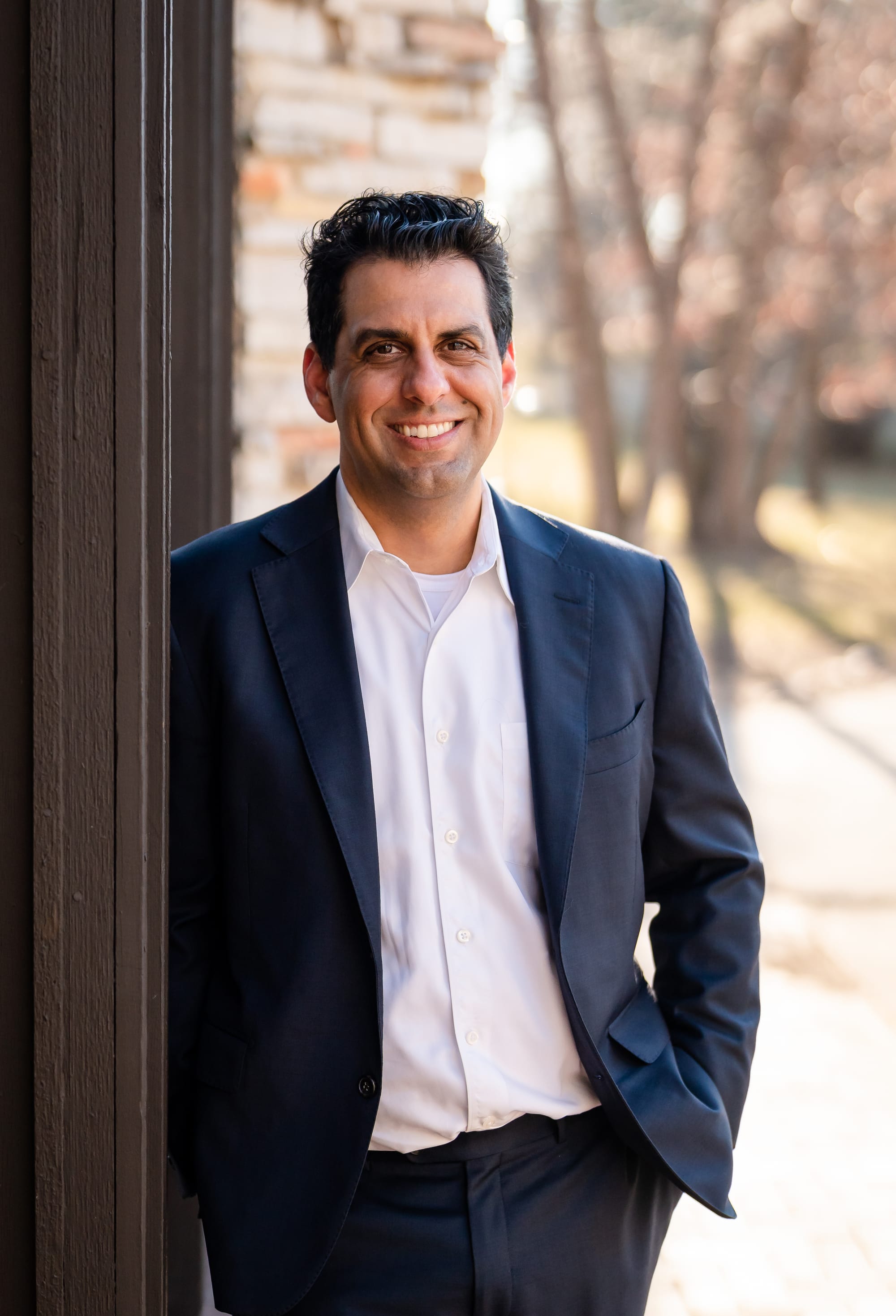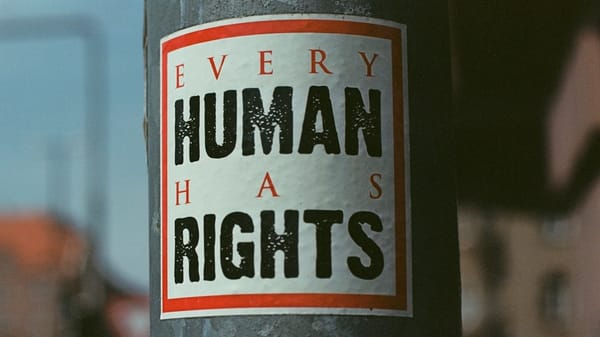Self Refraction
A no holds barred interview with my enhanced clones

Unlike most stereotypically introverted authors, I'm an obnoxious, loud-mouthed attention whore and the promotional aspects of book publishing excite me.
Spouting inflammatory takes about neoliberalism, Wall Street, macroeconomics, political polarization, culture war chaos, White supremacy, World War III, and the like to anyone who will listen is, truly, all I've ever wanted.
With any luck, over the next few months I'll be invited to talk about Leverage—and myself—on podcasts and radio programs and in newsletters and magazines. If shit really hits the fan, I may even sneak onto a network TV program nobody watches. Pro Tip: If you'd like to interview me, or you know someone who would, please reply to or forward this email accordingly.
To prep for what I hope will be a full media slate, I decided to field some practice questions from the most hostile interlocutors I could imagine: my children.
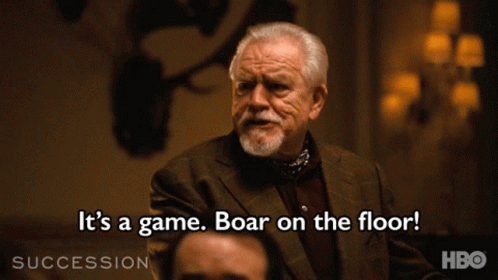
Older Clone: When and why did you become a writer?
Progenitor: I suspect there's a deleterious combination of genes which predisposes a certain cohort of idiots to pursue the profitless enterprise known as writing. If that's true, I guess you could say I was born an idiot a writer.
More prosaically, in November 2018, after twenty-three straight years of working bullshit jobs—including six armed with an economic weapon of mass destruction called an MBA—I couldn't stomach another nanosecond of nihilism and felt compelled to document the nonsense I'd experienced.
In particular, the window from 2008-2018 made it abundantly clear our neoliberalist framework was in a state of total disrepair, and as a naturally creative person I saw an opportunity to tackle those big thematic ideas using fiction as my medium. After an ignominious false start, I wrote Leverage and tricked a literary agent into representing the novel, then he tricked Simon & Schuster into acquiring the novel, then your mom decided not to divorce me after all, and then I became a real, actual, professional novelist.
Older Clone: Did you always want to be a writer?
Progenitor: I always loved to write, but I never imagined I'd become a "writer" in the purest sense. Unlike you, I didn't grow up spoiled and ungrateful, and the idea of pursuing an artistic enterprise as my career path was too absurd to contemplate. I'm a pragmatic person through and through, so I focused on math and science as a kid because I wanted a future where I could support myself. Now that your mom foots the bills, I indulge my artistic impulses at every turn.
Older Clone: What is your book about?
Progenitor: So many things.
Big themes include: Being an outsider in an insider's world. Struggling with severe depression and suicidal ideation. The tension between achieving one's professional goals and maintaining one's personal values. The devolution of America's financial markets and the reprise of rapacious casino capitalism. The economic destruction wrought by the neoliberal consensus. And how humanity's most cynical members will watch the world burn if they can make a quick buck.
As for the plot hook: When a hotshot hedge fund analyst sees his $300 million fund literally go up in smoke, he's certain he'll be fired. But his sadistic boss gives him an impossible ultimatum instead: recover the lost money in three months or go to prison for insider trading.
Younger Clone: Who would win: Gambit or Groot?
Progenitor: This is a super strange matchup and one of your more inspired undercard bouts. I'd wager Gambit has the superior fighting ability and tactical skills, but it's never been clear to me how much power he can generate. Incredible accent notwithstanding, I tend to slot Gambit into the bottom quartile of the X-Men.

Groot, on the other hand, is seemingly indestructible, extraordinarily strong, capable of changing shape and size on a whim, and can transform his appendages into all manner of melee weapon. I think Gambit could hang for a bit, but Groot's simply too big and too strong for the Ragin' Cajun.
Older Clone: In your book, who's the main character, and what are they like?
Progenitor: The protagonist is named Ali Jafar, but he goes by Al.
Like your own insane father, Al's a half-Pakistani bastard child born to a White teenager mother and an absentee dad. Al's smart, ambitious, sarcastic, and more than capable, but he's wounded by his fraught upbringing and plagued by severe depression.
There are clear auto-fictional elements at play in the novel, but I firmly contend Al is his own man and throughout the narrative he makes his own (often ill-advised) choices. Ultimately, when Al's thrust into the darkest and most depraved corners of the financial underworld, he has to figure out who he really is and determine what he truly values.
Older Clone: Why did you name your book Leverage?
Progenitor: The idea of "having leverage" fascinates me and the word itself is multifaceted, holding three official definitions as a noun and two as a verb in Merriam-Webster's online dictionary. Beyond those formal uses, the term is also uttered widely across the worlds of big business and high finance.
In my novel Leverage, the concept of leverage is ever-present and the word appears about a dozen times—conveying a subtly different meaning in each instance. About halfway through the first draft I realized the ubiquitous and versatile word would make for the perfect title.

Older Clone: How much research did you have to do to write your book? What was the most interesting thing you learned during the process?
Progenitor: Most of my knowledge of Wall Street and Corporate America comes from operating within the system, which involved doing the actual work as well as reading thousands of news articles, research reports, SEC filings, lawsuits, and more over the course of many, many years.
After I left the corporate world and began writing fiction, I still read countless stories in The Economist, Wall Street Journal, Financial Times, New Yorker, Bloomberg, etc. and I devoured several nonfiction books that discussed the consequences of unfettered capitalism and documented the abuses of Wall Street's worst actors.
All told I spent over a decade establishing my expertise, and it's not some self-aggrandizing flex to say few people on the planet have both the technical knowhow and the creative ability to write a novel like Leverage. That said, unlike the "principled" dunce cap who is your father, everyone else with said skills is almost certainly making "Fuck you" money right now.

The most interesting thing I learned while writing the novel was also the most depressing: No matter how outrageous my ideas or outlandish my imagination, the horrors of real life would always one-up me. #luigi
Younger Clone: Who would win: Iron Man or Kingpin?
Progenitor: I love this matchup. We've got an evil, super rich genius taking on an evil, super rich genius.
If we're talking hand-to-hand combat, with no weapons or technology, in a controlled environment, the Kingpin crumples Tony Stark into a fleshy pile of oligarch. If anything goes and everything's on the table, however, I'll take Tony in a landslide.
Never forget, in America, the richest White guy always wins.
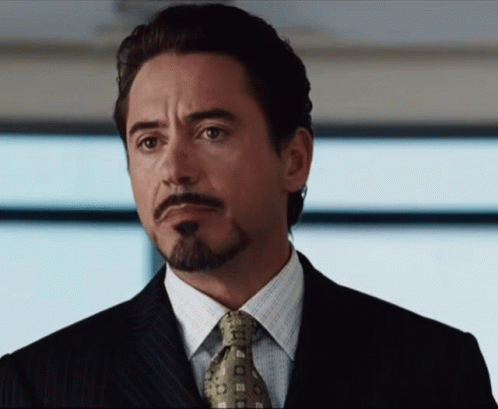
Older Clone: How long did it take to write your book?
Progenitor: There are two ways to address this question. The misleading answer is two years, from September 2021 to September 2023.
The more appropriate answer is five years, beginning in November 2018 when I started my untitled and unpublished novel and ending in November 2023 when I signed an offer of representation with one of the publishing industry's sharpest and savviest literary agents.
The primary reason the second answer is more accurate is because I needed to write my bloated piece of dogshit novel and fail miserably to attract bloodsucking literary agents in order to write my kickass, completely fucking bonkers novel and find myself spoiled for choice in the literary agent lottery.
While writing Leverage, I also penned more than seventy-five short-form humor and satire pieces which sharpened my skills, expanded my literary network, and gave me the confidence to know Leverage was a damn good novel worthy of inclusion on soon-to-be-banned bookshelves across the empire.
Older Clone: Is your book just all your hate from childhood put into writing?
Progenitor: Yes.
And I cannot wait for your debut novel about a precocious young woman who was forced to escape her loving and highly engaged father—a deadbeat dad so despicable he instilled in his daughter an unshakable sense of self-discipline, self-reliance, and self-confidence, and who was so utterly reprehensible he provided her with every socioeconomic advantage known to humankind.
Older Clone: Is your book about hate or hope?
Progenitor: On the surface, hate. At its core, hope. For my money, all writing—especially comedic and satirical fiction—is about hope. We funny people skewer, ridicule, critique, analyze, dissect, and dunk on because we care about the world and we want to live in a version of reality that doesn't taste like donkey butt.
My writing is dark and my sense of humor isn't for everyone, but an intrinsic optimism underpins all my creative work (though these days it's admittedly harder and harder to hold out hope for a better future).
Younger Clone: Who would win: Hulk or Silver Surfer?
Progenitor: My gut says Hulk, but a bunch of virgins on Reddit claim the Silver Surfer possesses something called the Power Cosmic and would have little difficulty defeating the angry green giant.
In general, I try not to think too hard about the physics and chemistry involved in science fiction and fantasy stories, because the moment I do is the moment I remember the entire genre is incredibly stupid.
If we ignore the "space magic" considerations, Hulk's superpower is quite intuitive: the angrier he gets, the stronger he becomes. As someone who's adept at manifesting and repurposing rage, I'll take Hulk.
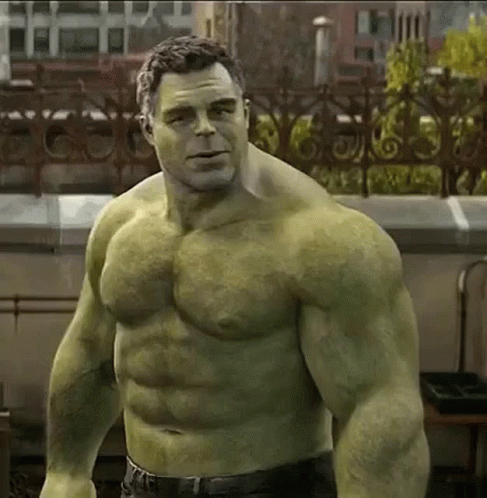
Older Clone: What's your favorite book and why?
Progenitor: If forced to choose, I'll pick Catch-22. Why? Because I read the novel at a time in my life when I needed a concentrated dose of sanity. Joseph Heller's masterpiece gave me permission to conclude that, despite the mathematics involved, I was one of the few lucid people on earth and everyone around me was aggressively insane.
Other books that could've topped the list include Blood Meridian, The Spy Who Came in from the Cold, and The Great Gatsby.
Older Clone: What was your first job?
Progenitor: Grocery clerk at Kroger, a perch I maintained from November 1995 through June 2002. It's still the best job I've ever had, which offered me the chance to work with my hands and on my feet, provide customer service, team up with "regular" people, and complete tasks with an actual purpose, and which made a positive impact on my community. I assure you I did none of those things during my short stint in investment banking.
Older Clone: What's your favorite hobby? What do you like best about it?
Progenitor: I love tropical flora and enjoy both gardening outdoors and tending to houseplants. The aesthetics, the scents, and watching nature thrive despite humanity's best efforts brings me an unbridled sense of joy.
I especially adore my indoor plants, who never talk back, never argue in bad faith, and—unlike my fellow monkeys—work tirelessly to make the planet more, rather than less, hospitable for other lifeforms.
Older Clone: How many books have you read in your life?
Progenitor: Nowhere near as many as I'd like, and far fewer than your typical fancy author type. I didn't begin reading fiction until I was in my mid-twenties, and even then I barely read novels from 2010-2018—which not surprisingly coincided with my time doing some of our species's stupidest, most intrinsically worthless jobs.
I've probably read about two hundred total books in my lifetime (fiction and nonfiction), and half of those have come during these past few years when I've been working as a full-time novelist and short-form content creator.
Disclaimer: For any writers out there who are appalled by my lack of literary bona fides—Yes, I'm talking to you Anne Kadet!—in my defense I've read thousands of comic books, hundreds of children's books, dozens of graphic novels, and millions of words in The Economist, The New Yorker, The Atlantic, and other once prominent periodicals. I've also watched hundreds of classic movies and played dozens of award-winning video games. In many ways, I'd argue the breadth and depth of the material I've consumed has made me a more holistic and dynamic fiction writer.
Younger Clone: Who would win: Captain America or Wolverine?
Progenitor: The clearest winner would be Don King.
While I'd love to make the case for Cap—he's stronger, faster, more skilled, and has a dogged determination unparalleled across the Marvel universe—Wolverine is basically unkillable.
Cap's best bet would be to find a way to decapitate Logan with his shield, but it's unclear if vibranium can cut through adamantium, and after digging through Reddit for ten minutes I lost faith in humanity and concluded finding a definitive answer to this ridiculous query wasn't possible.
I love both characters and have a soft spot for Cap, but I'll give the edge to Logan.
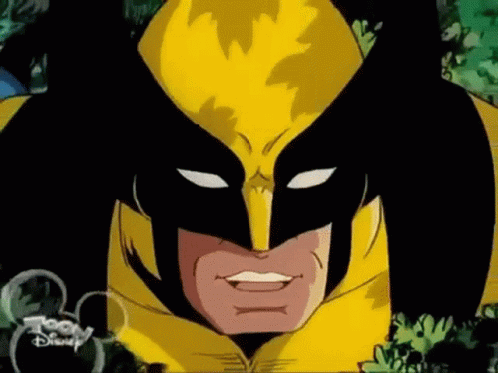
Older Clone: Do you write books because you're crazy?
Progenitor: Obviously.
Older Clone: If someone's crazy, how do they know they're crazy?
Progenitor: Now you're asking the right questions.
